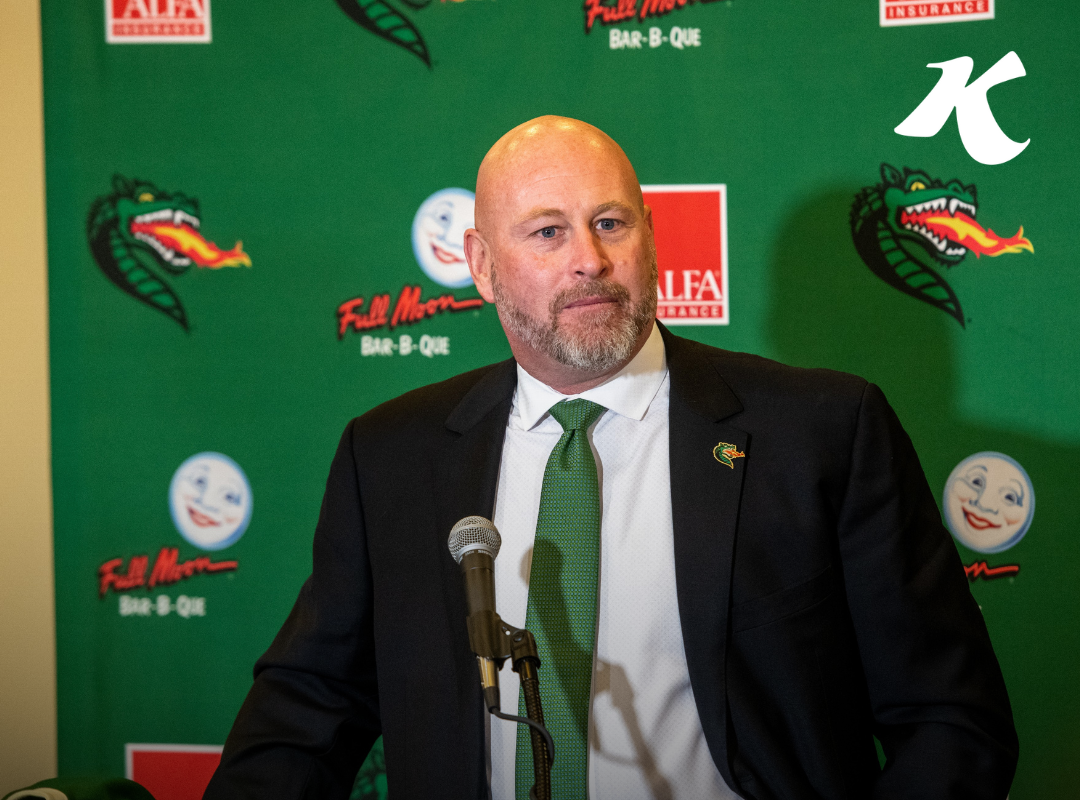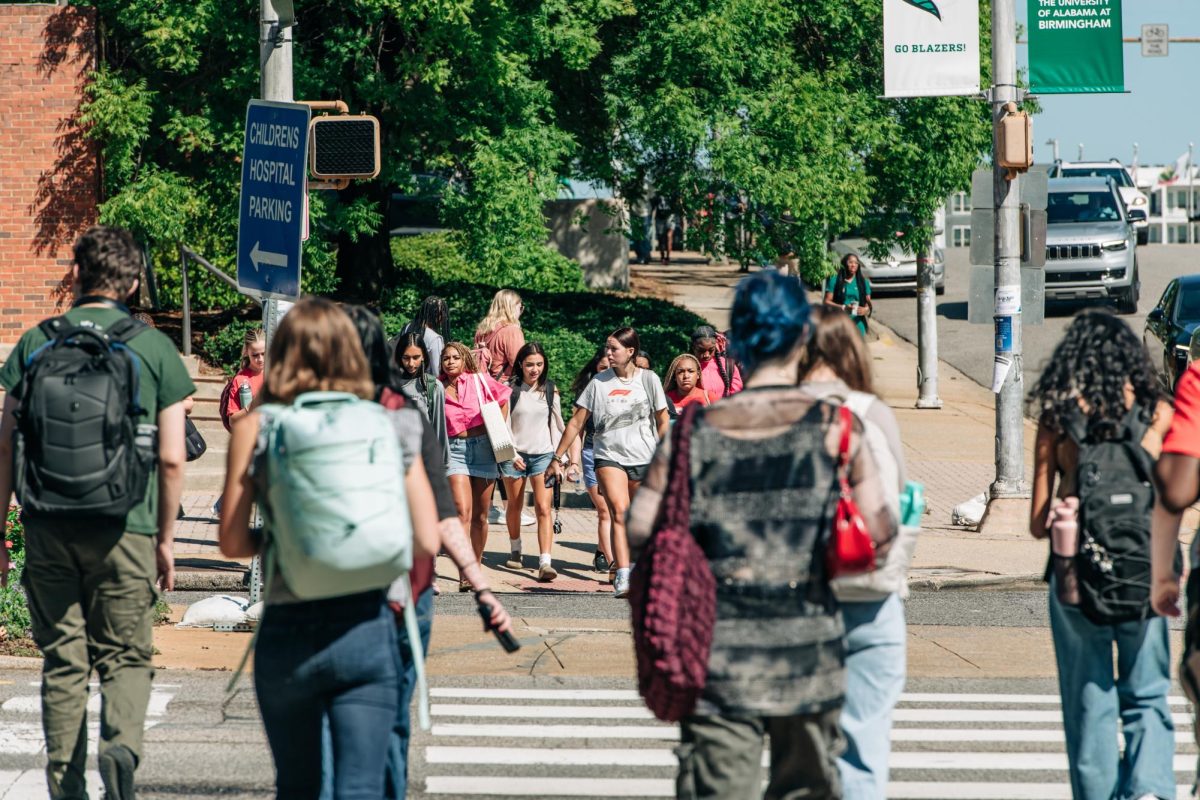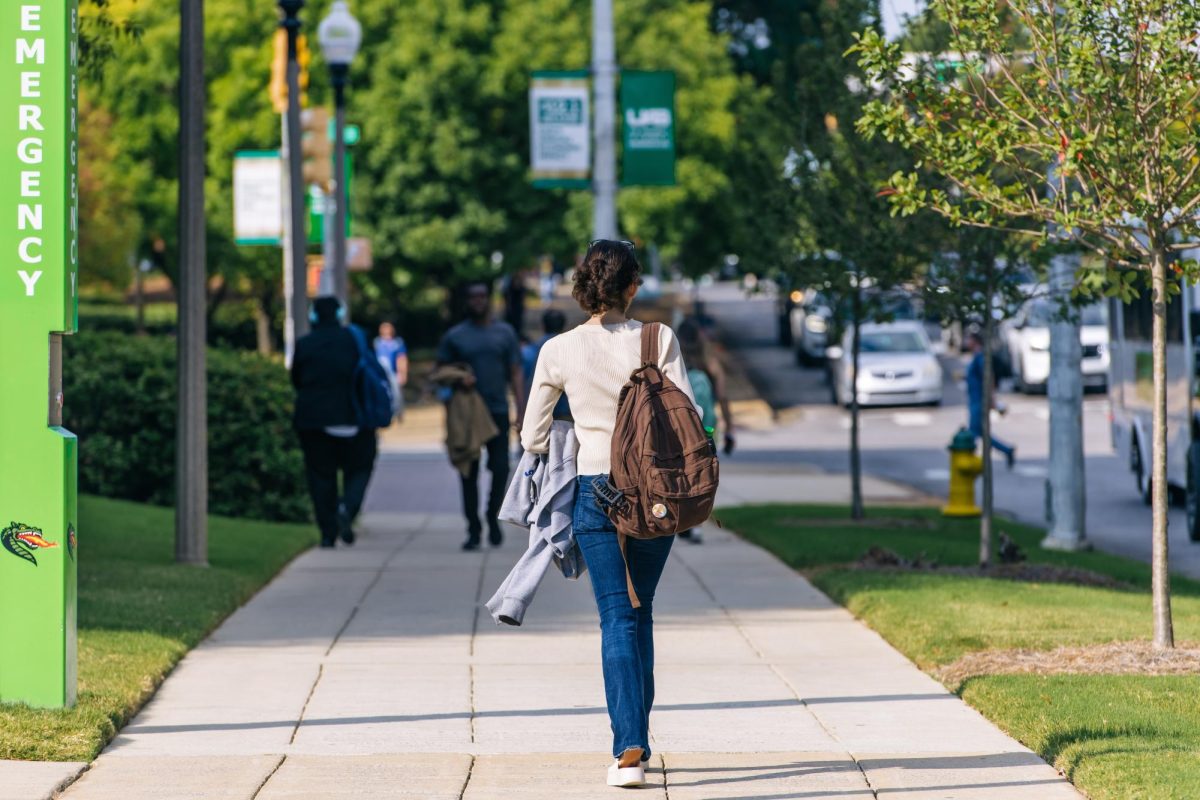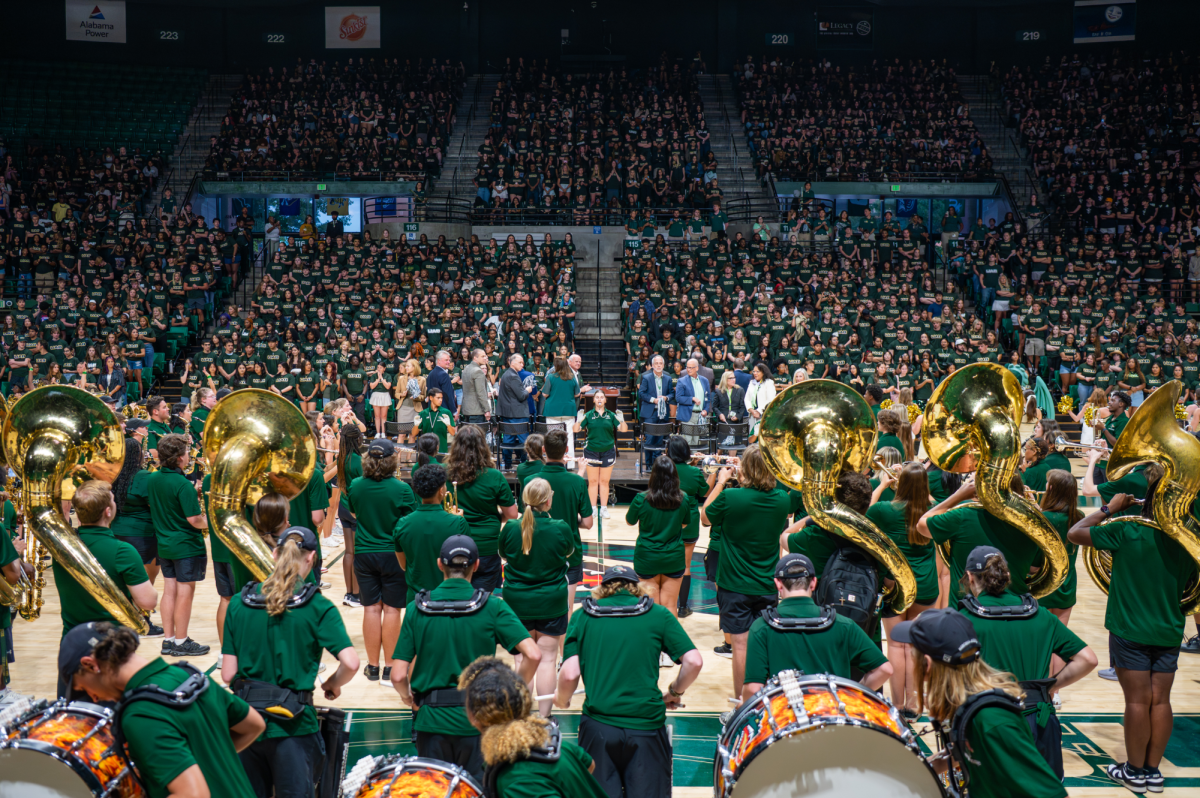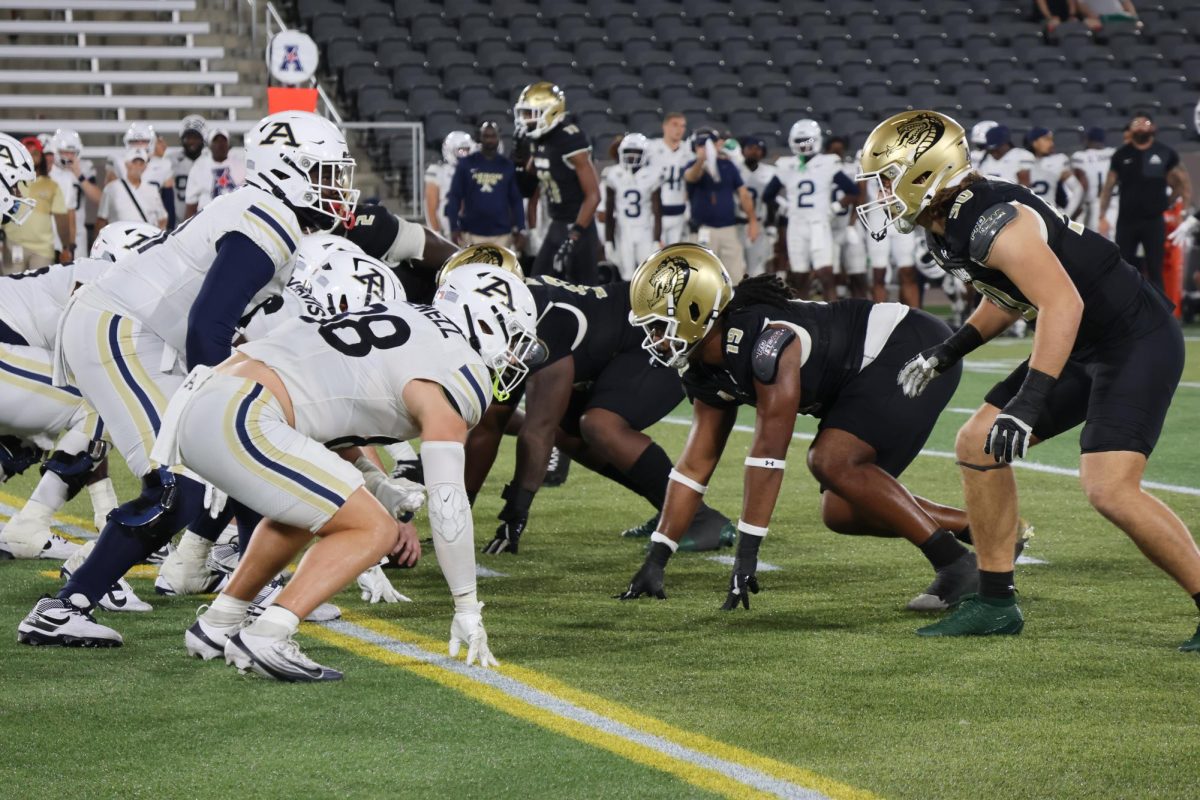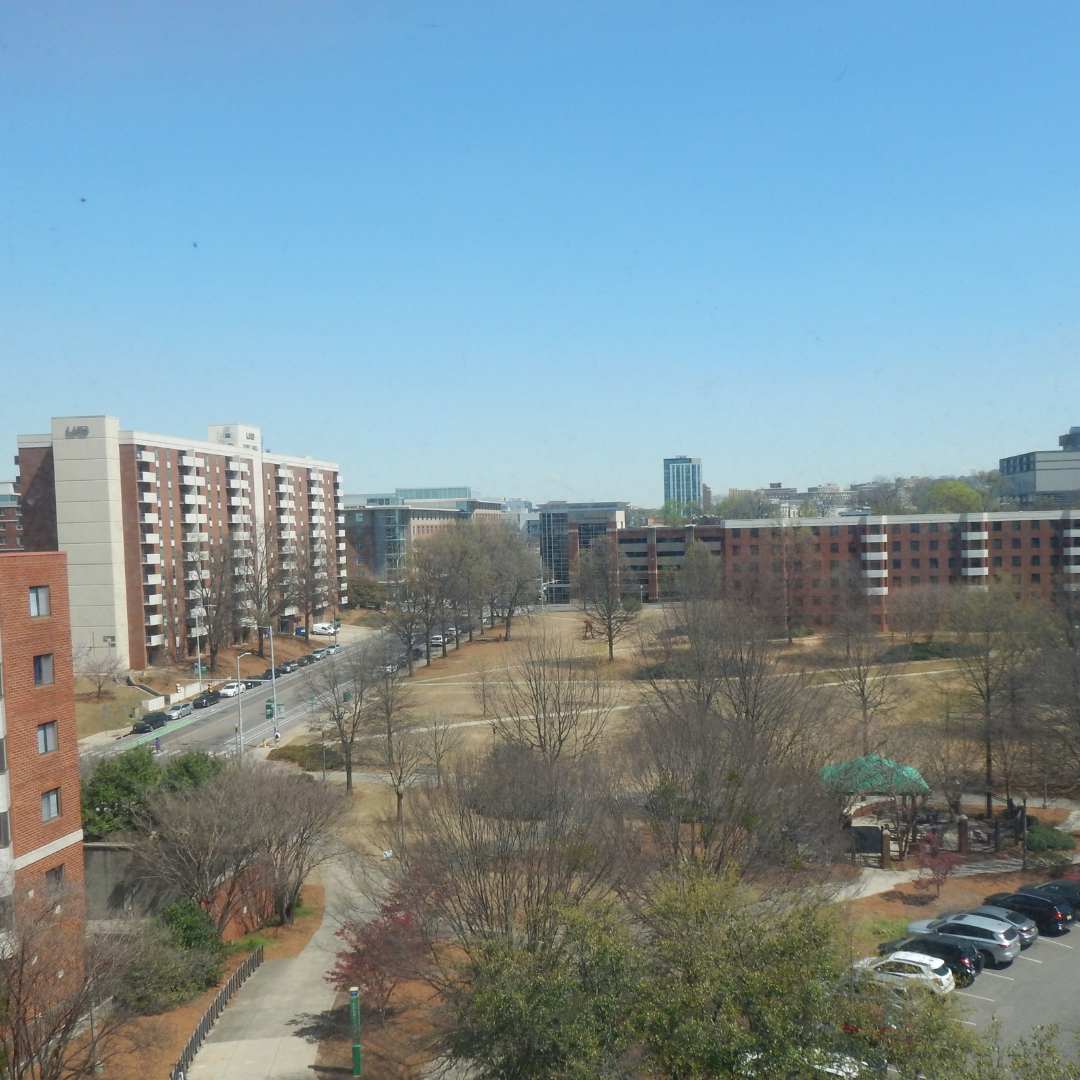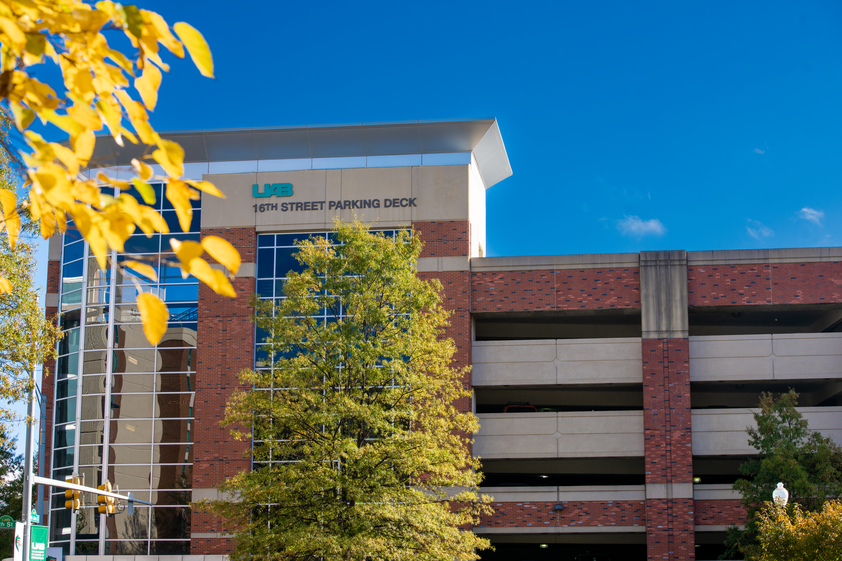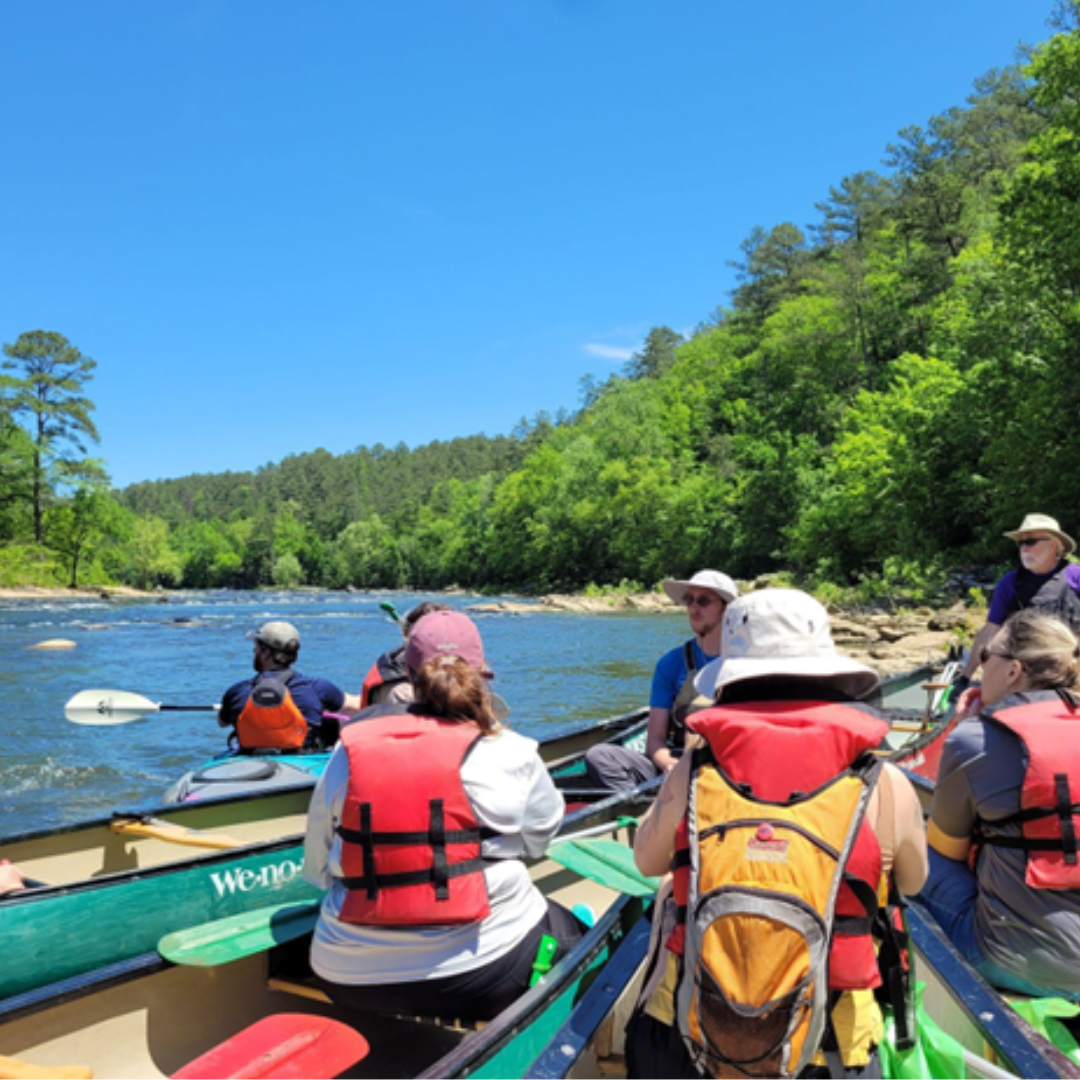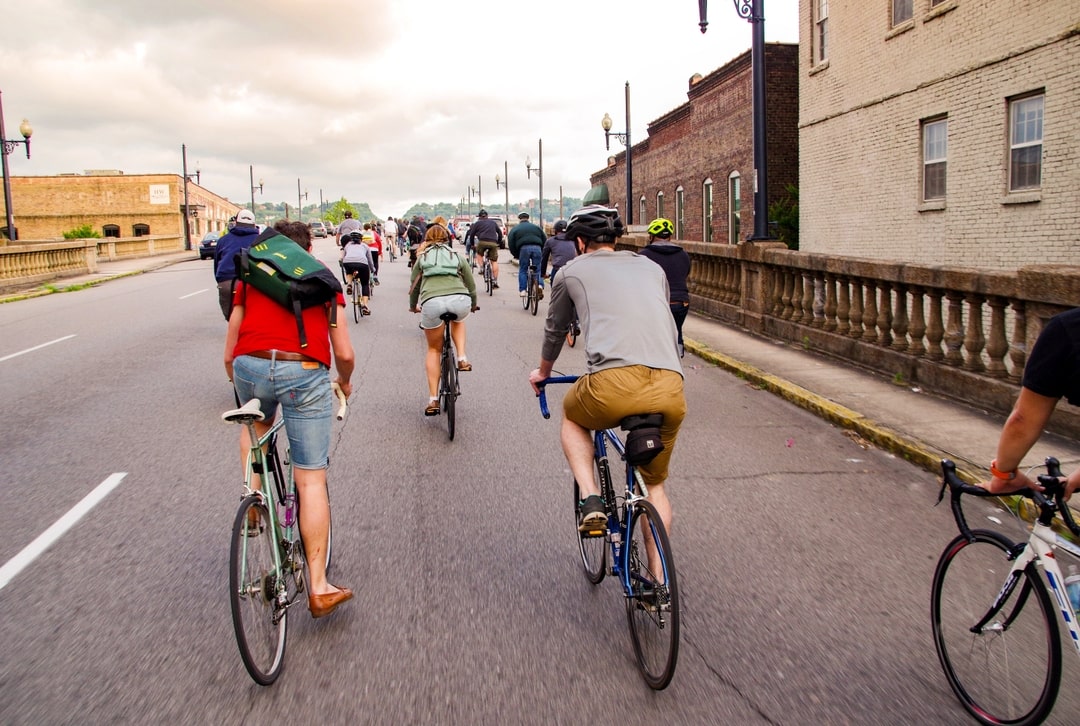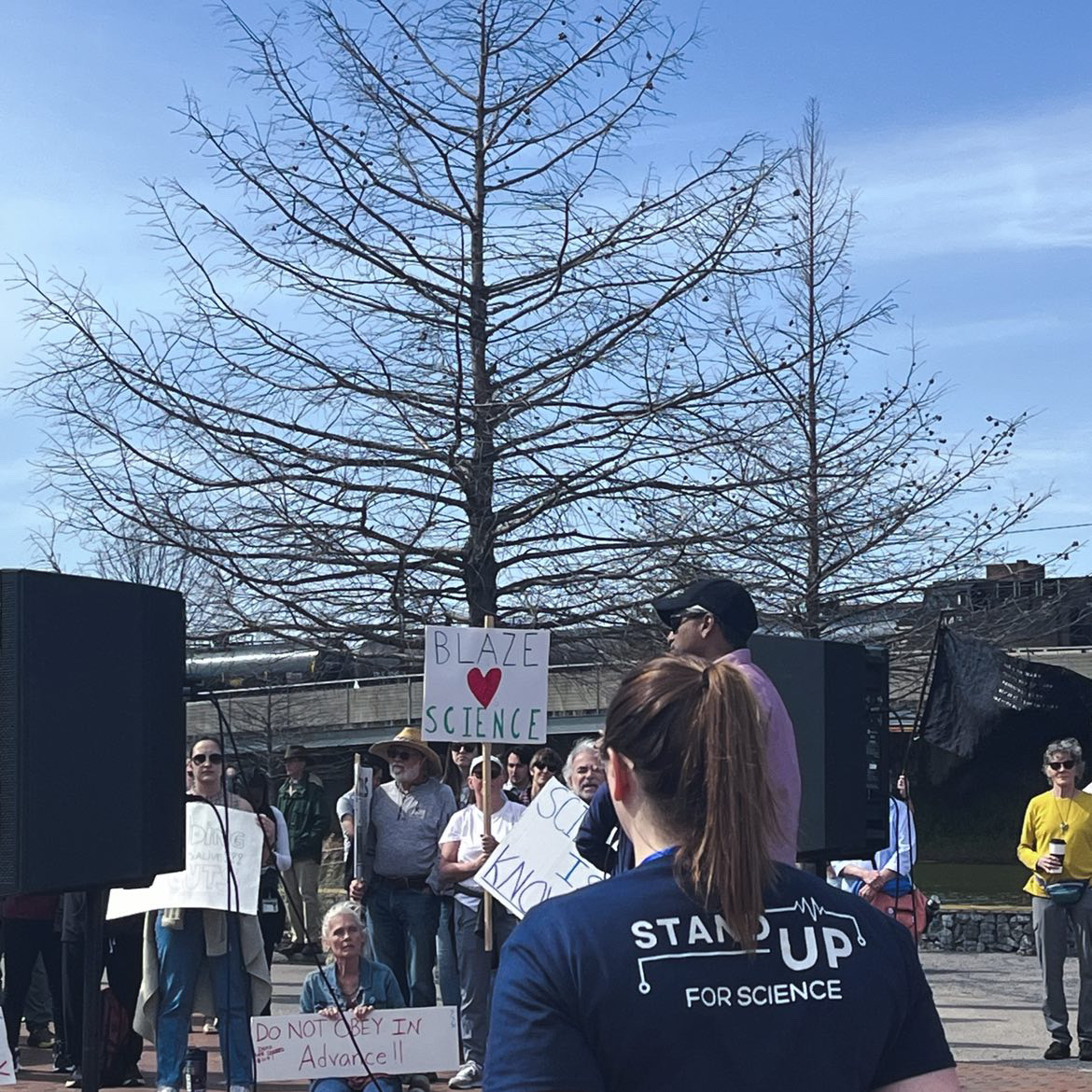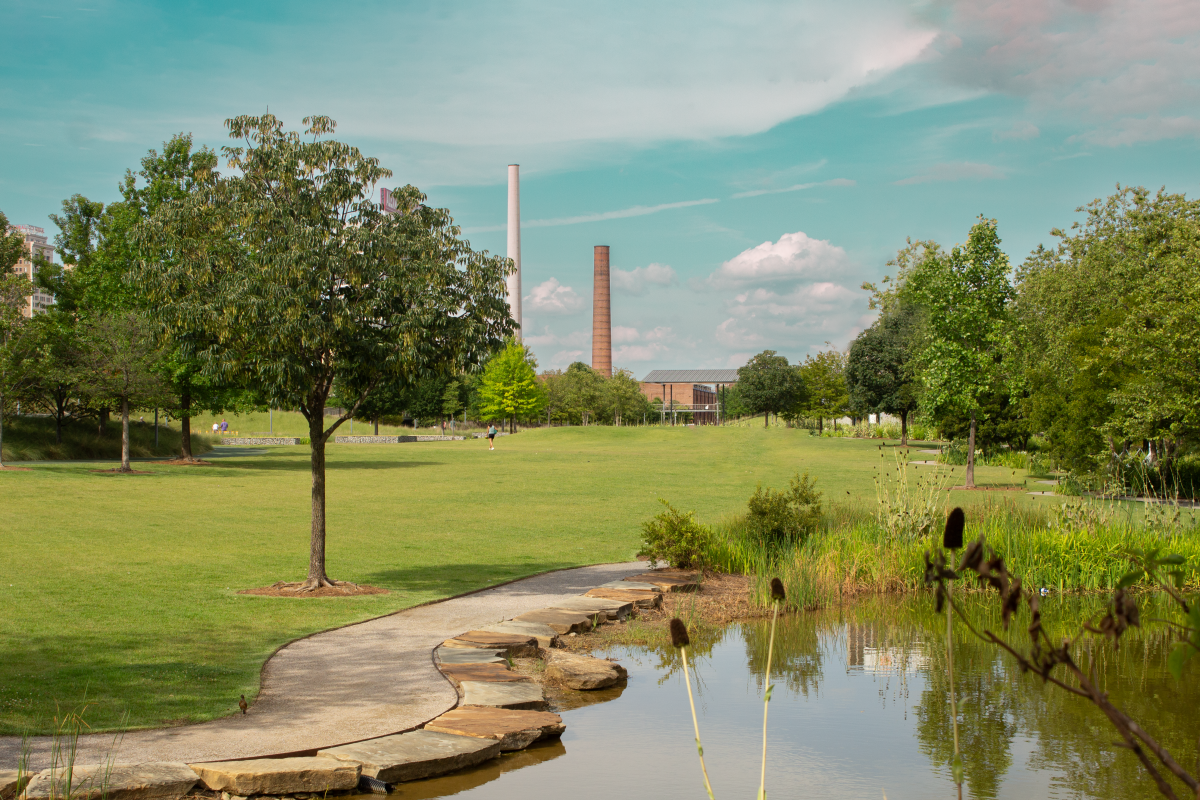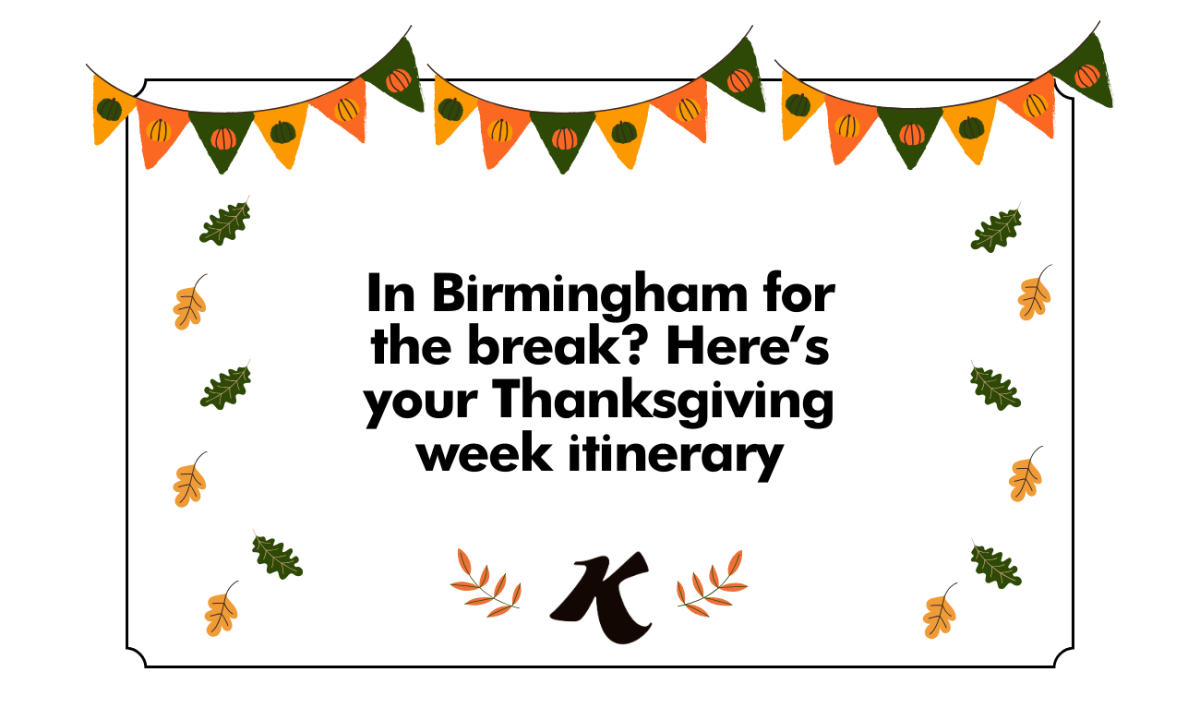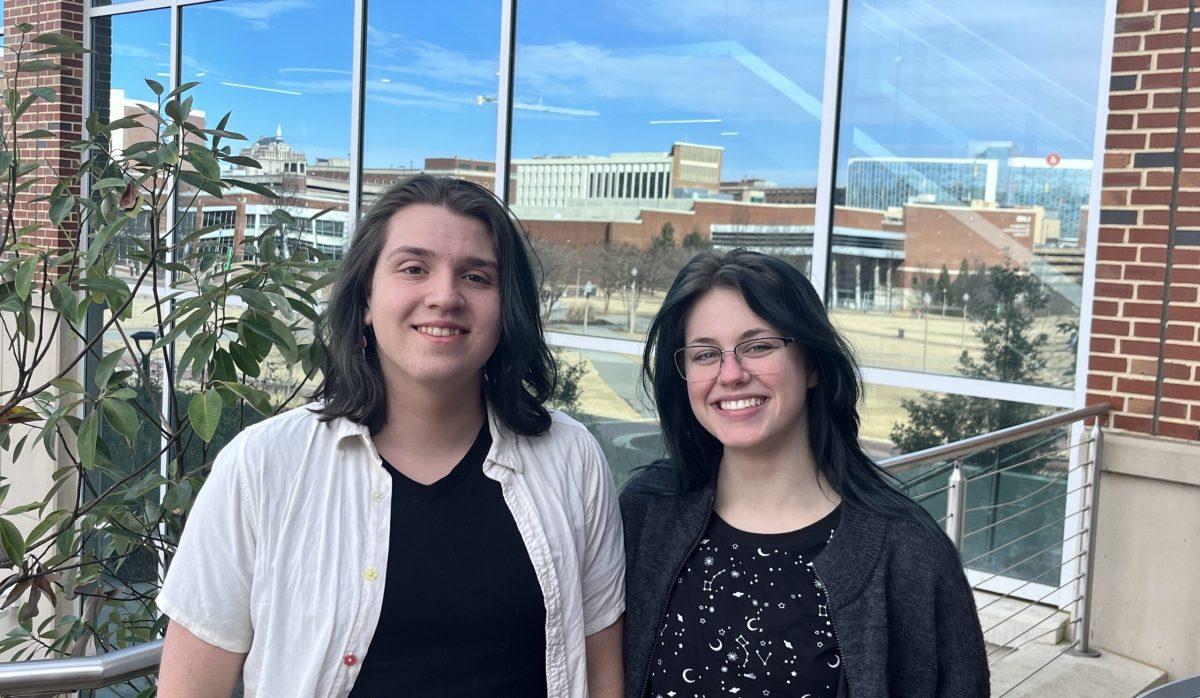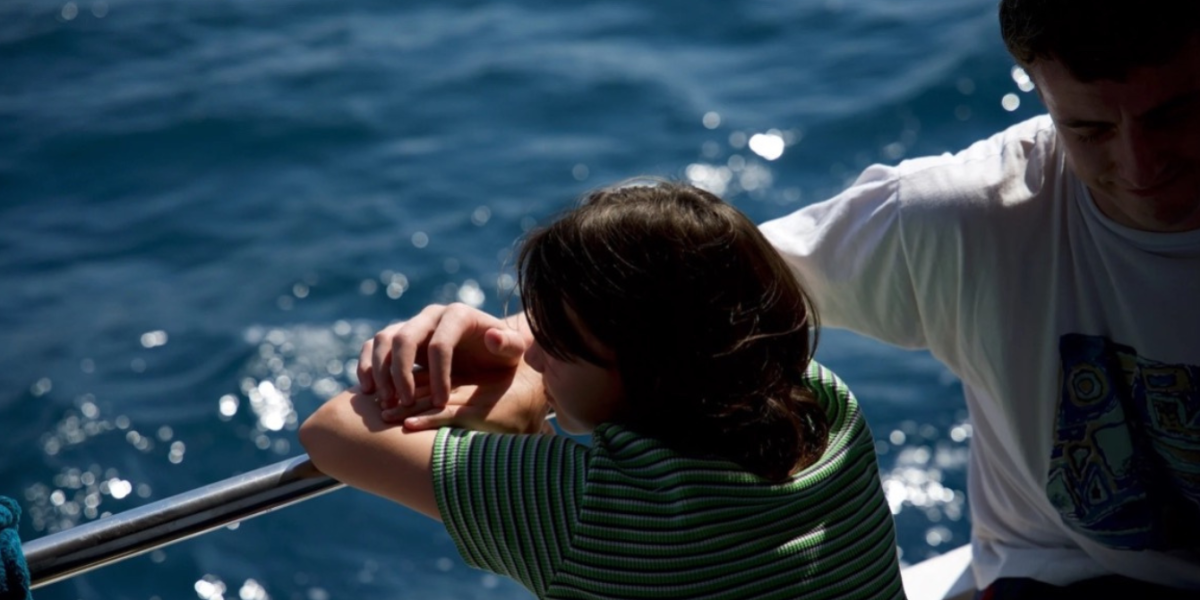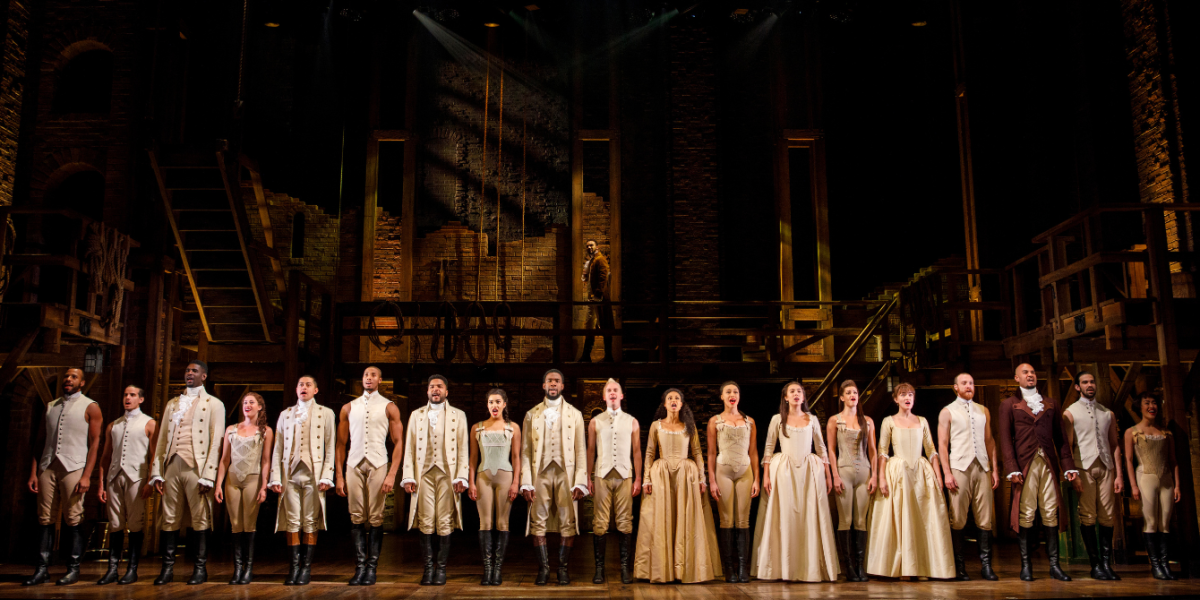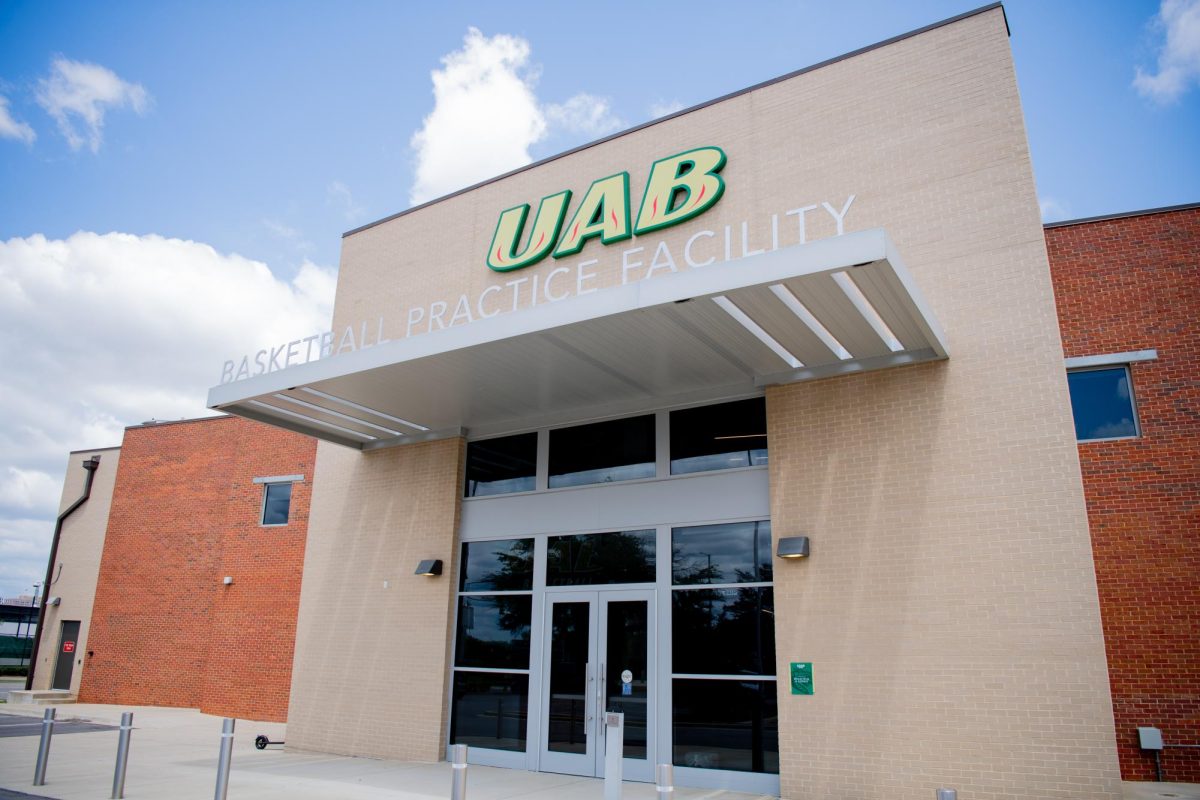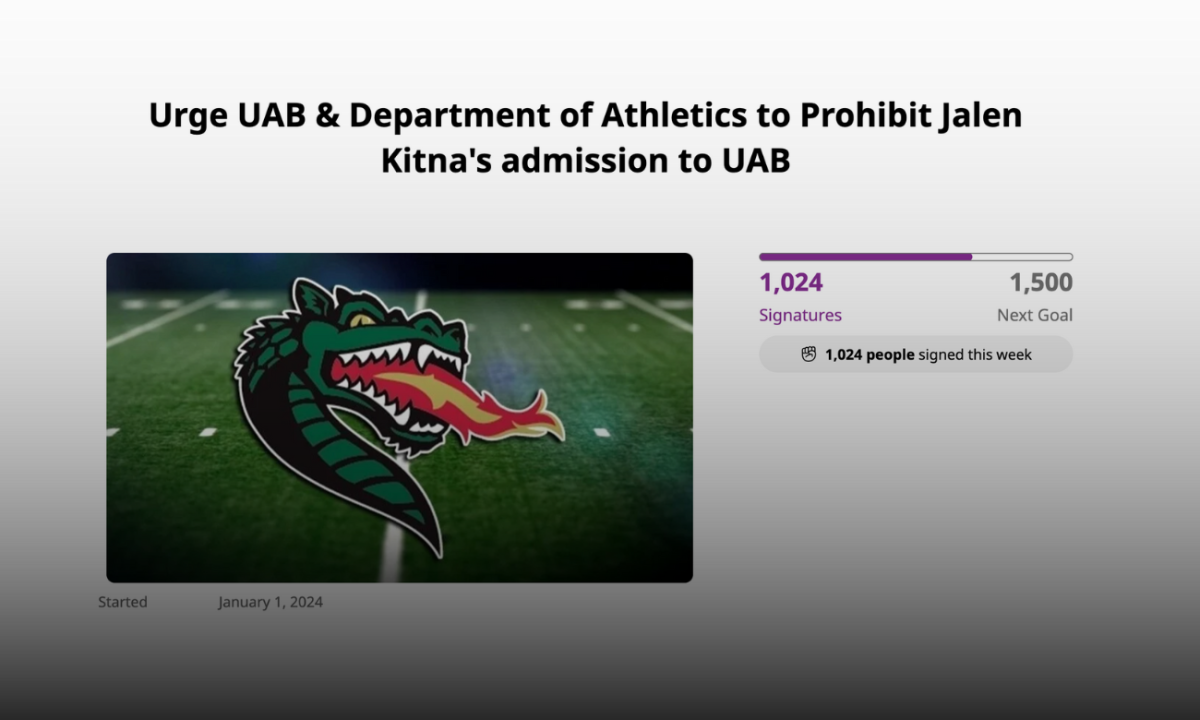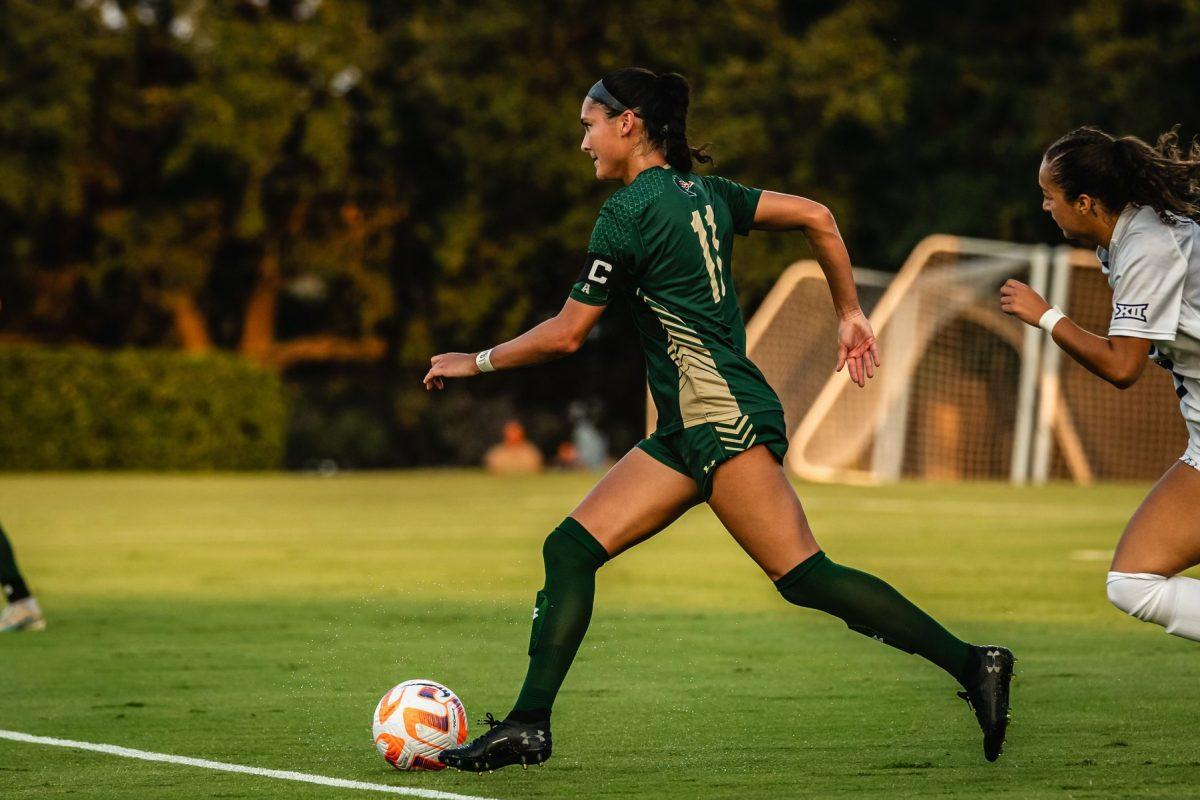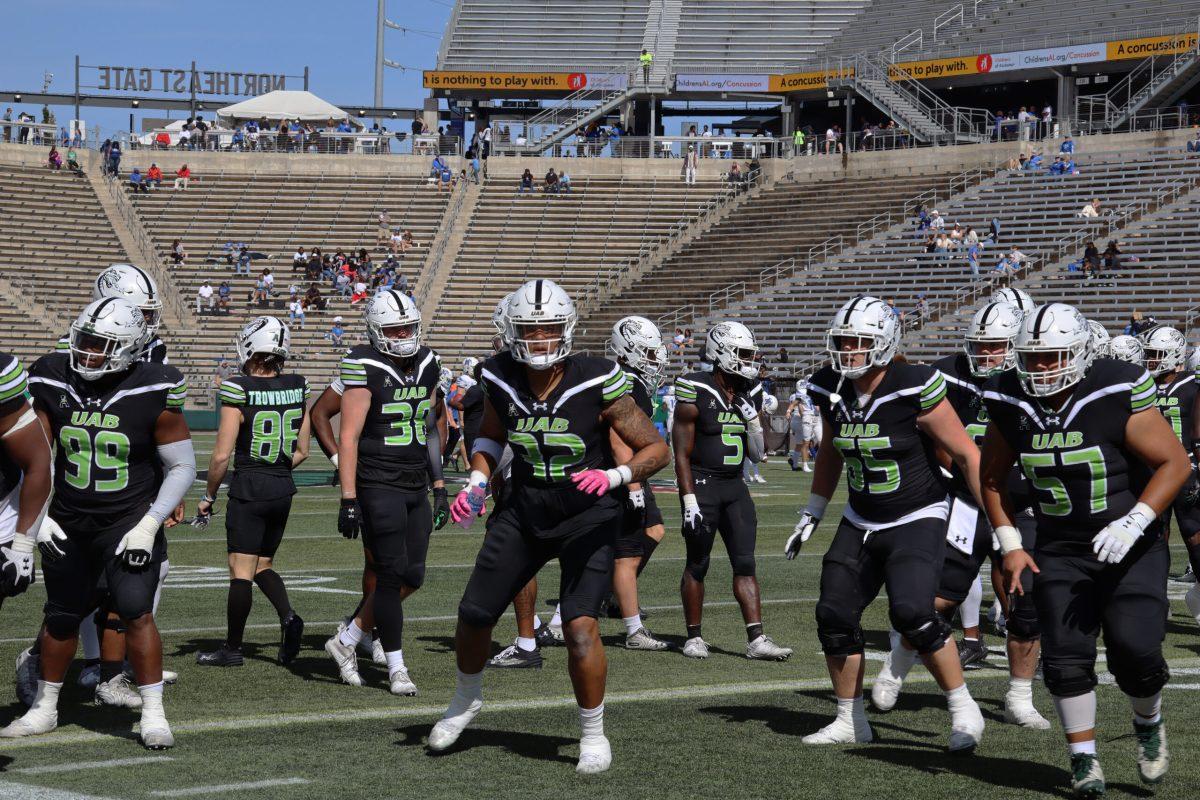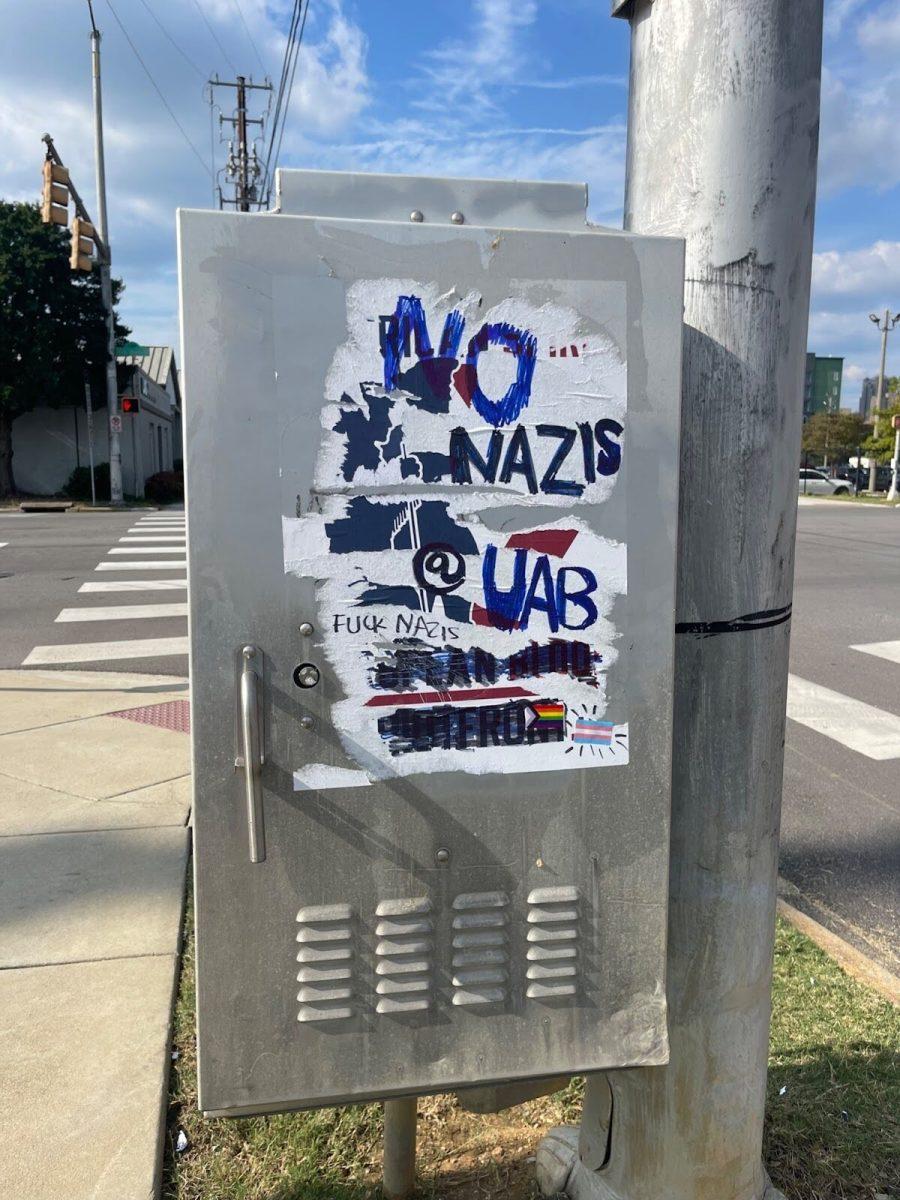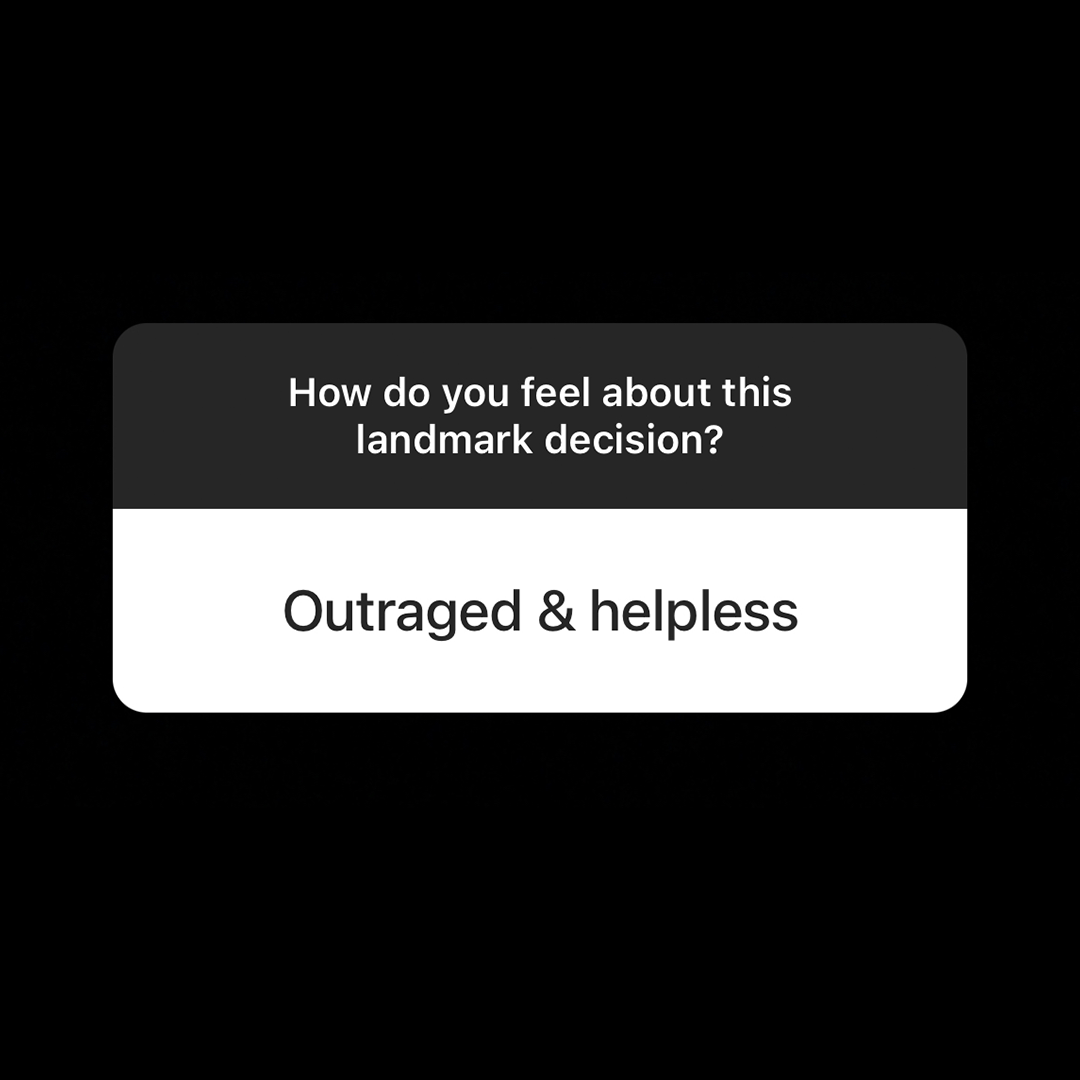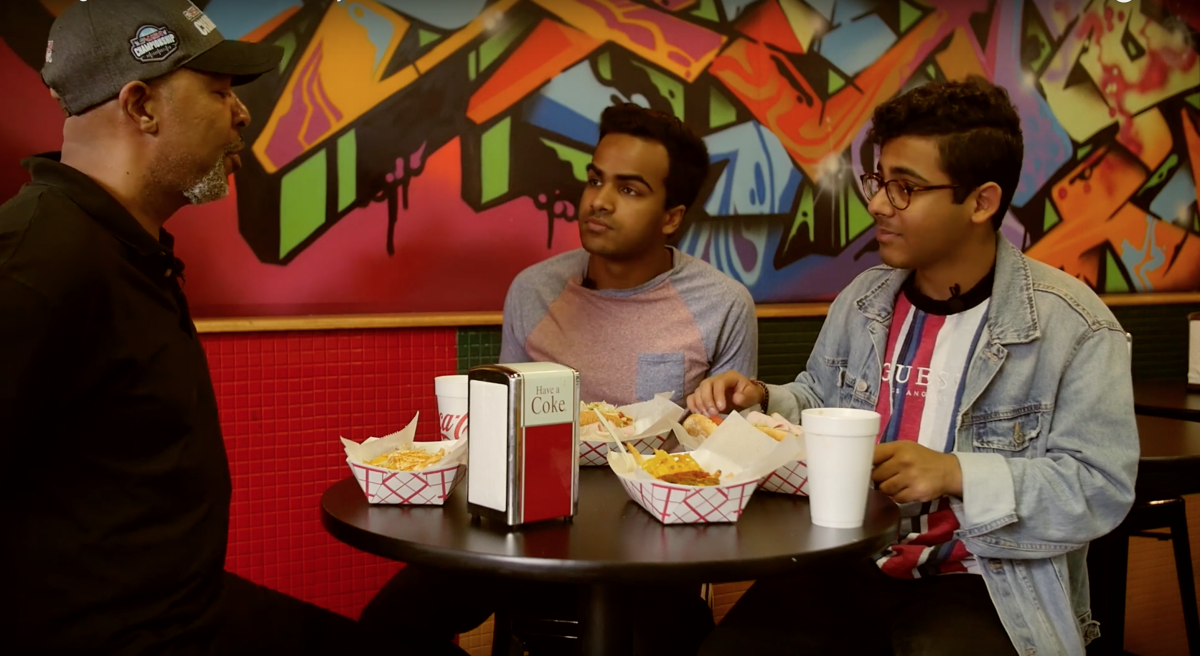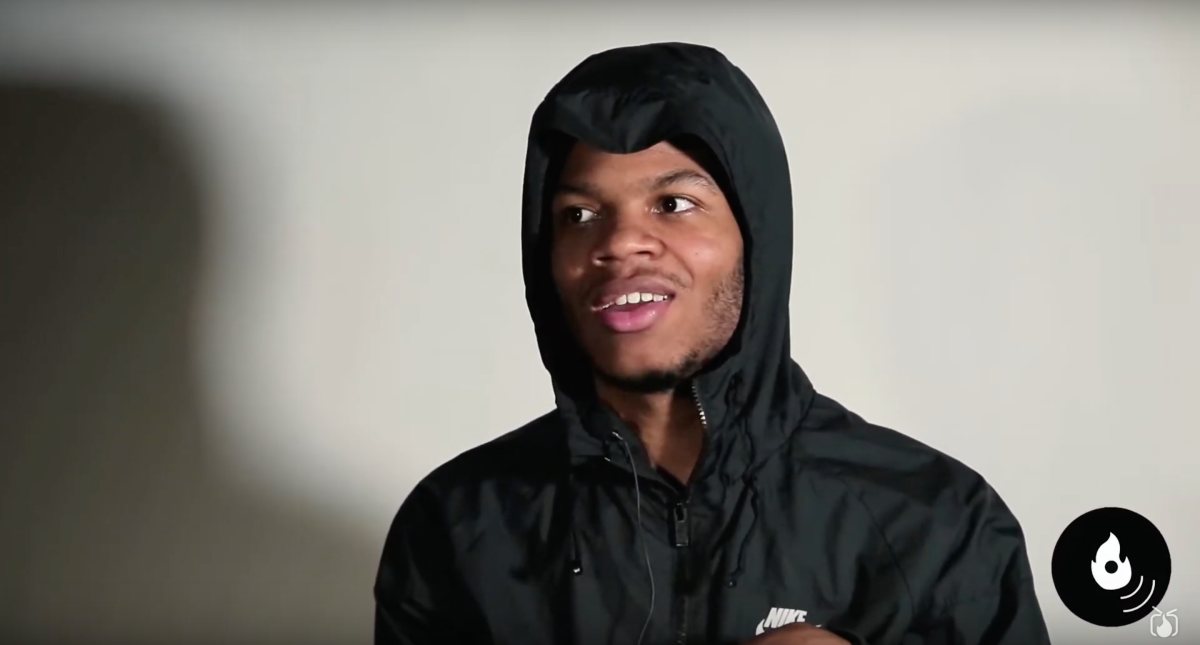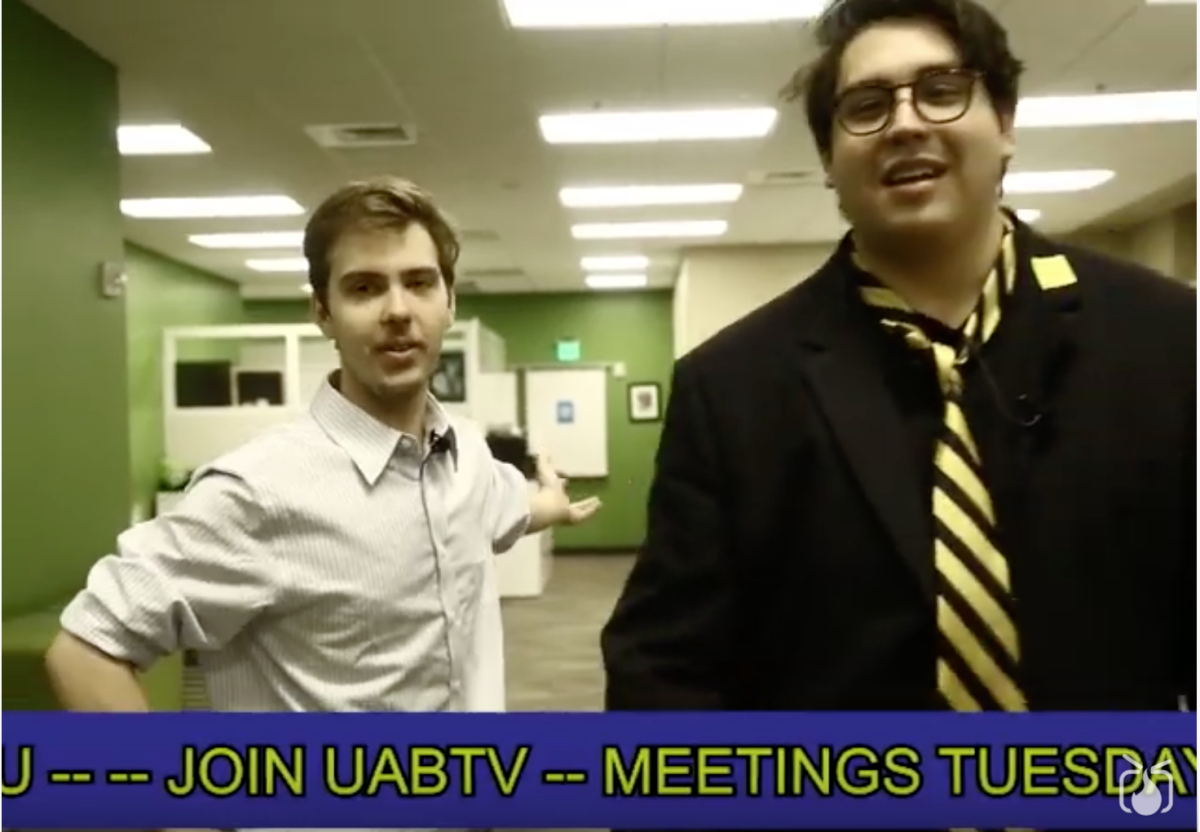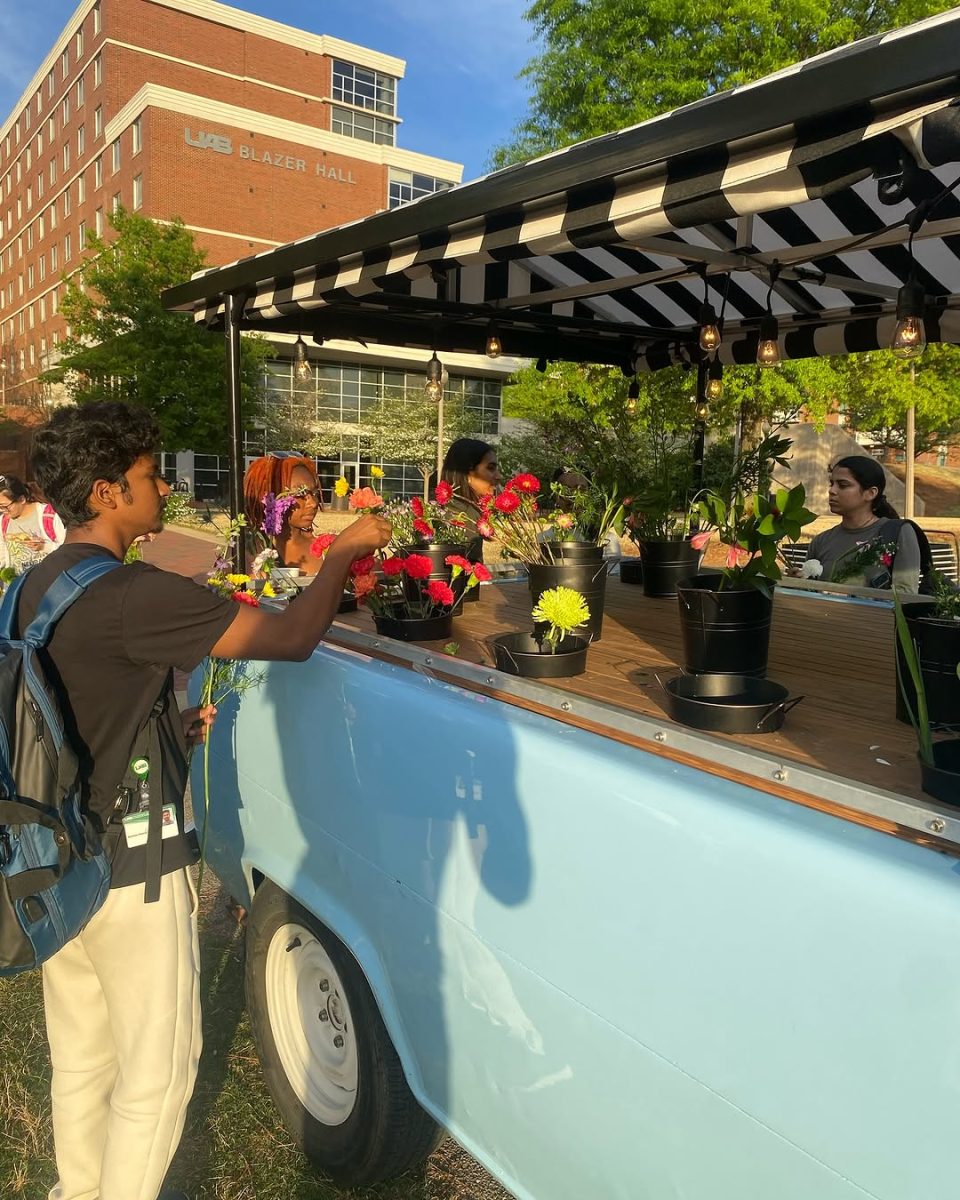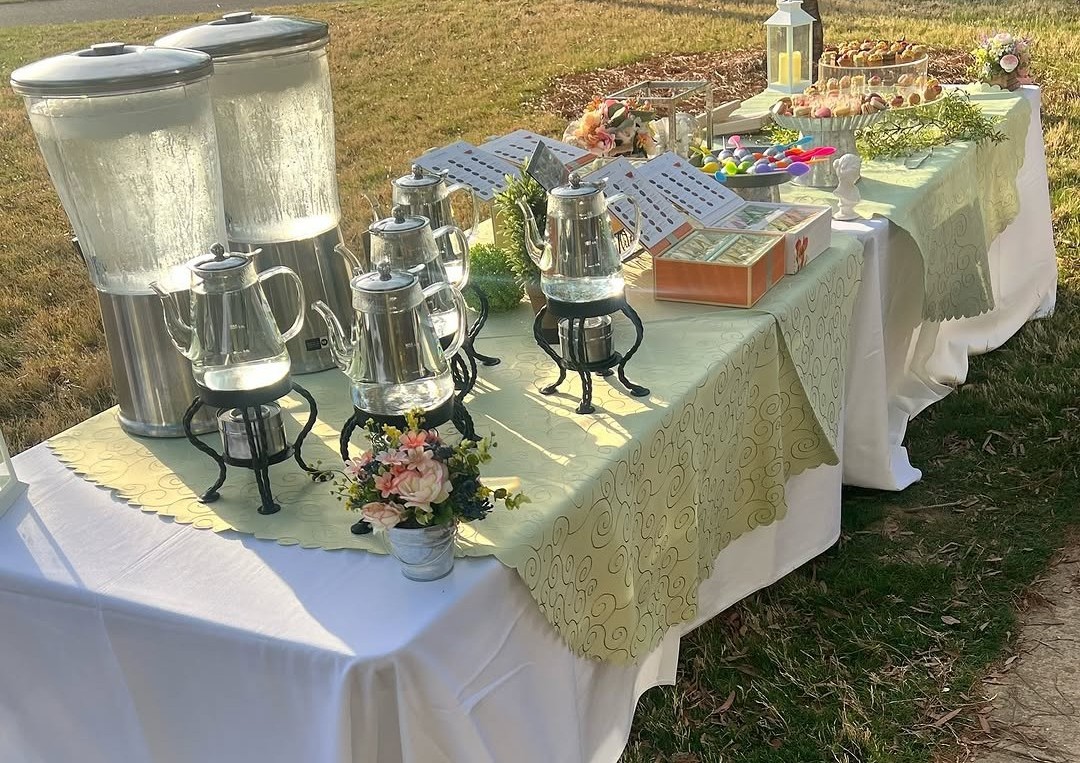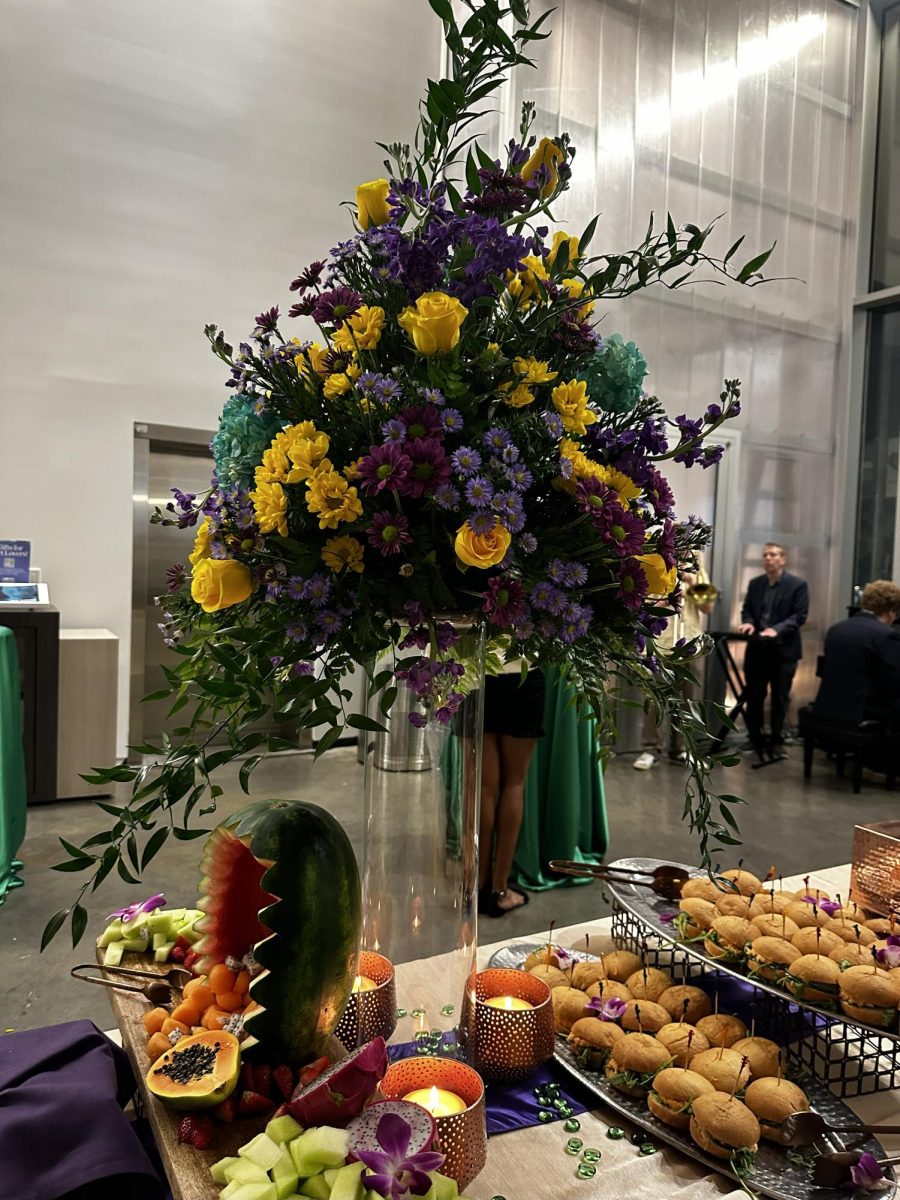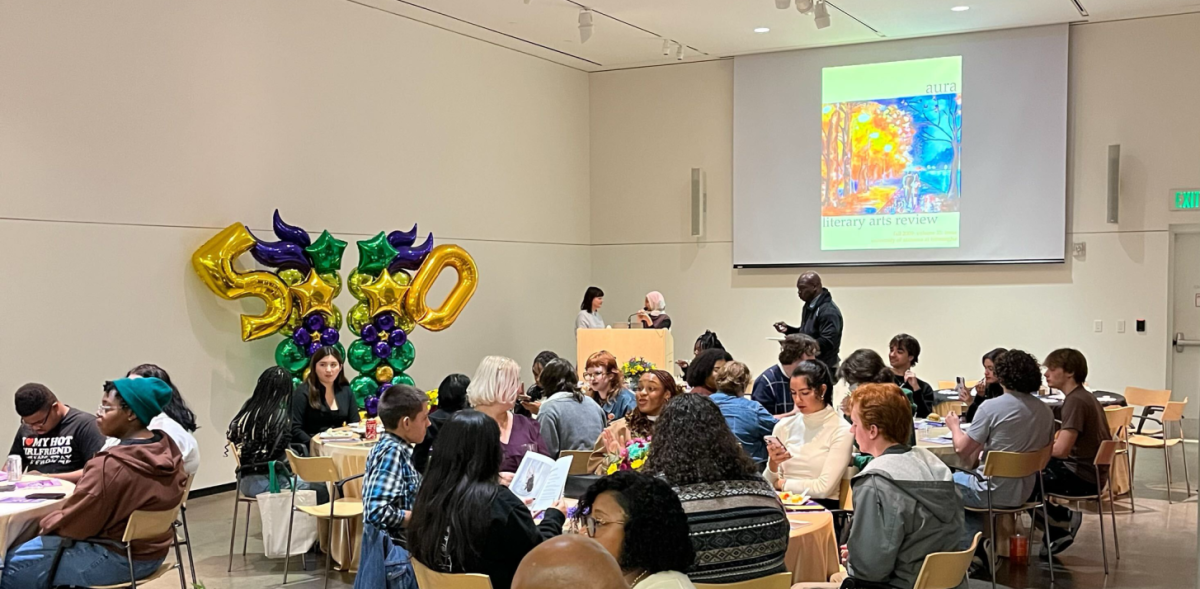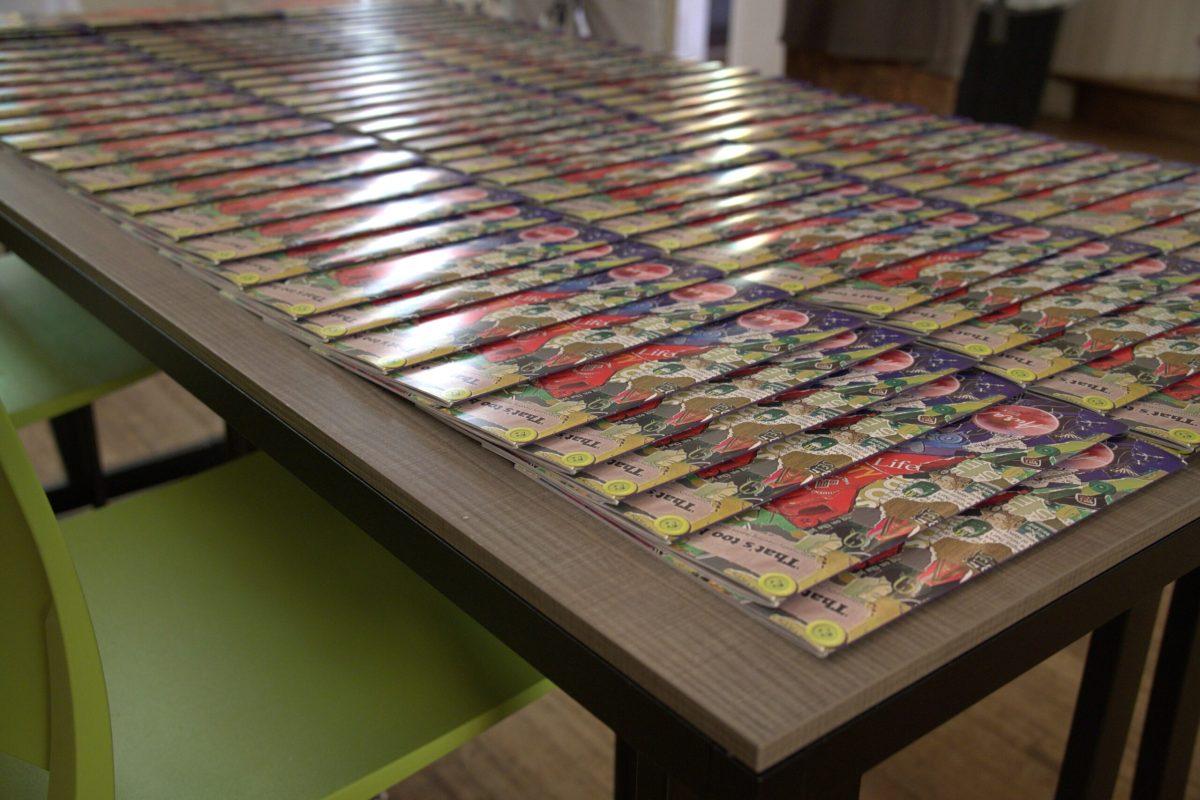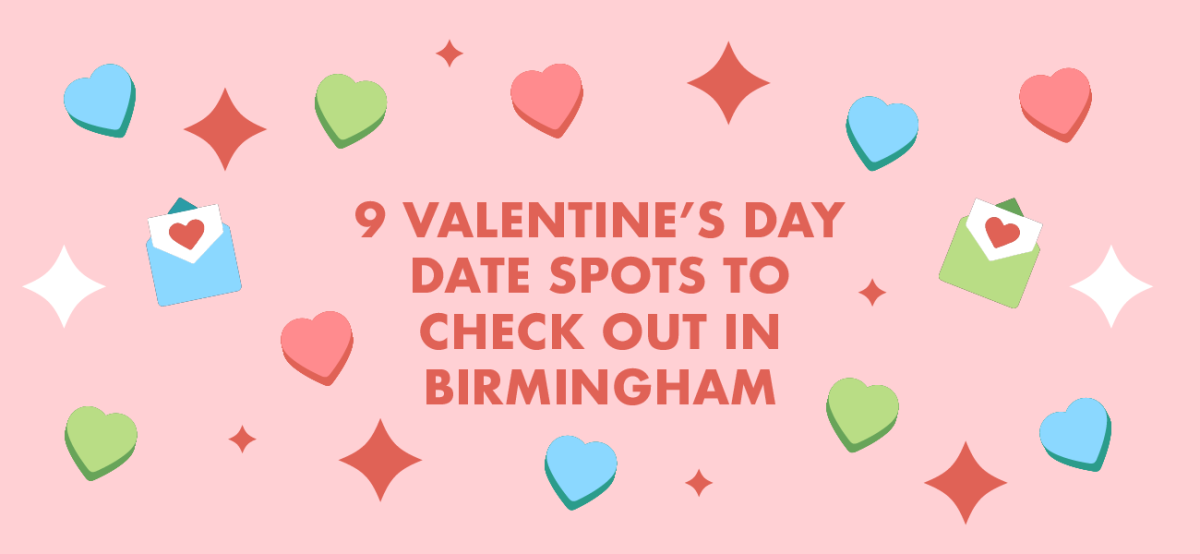Surabhi Rao – Staff Writer
[email protected]
Slavery is still an issue in Birmingham. Slavery has taken the form of human trafficking, which can take the form of labor exploitation but, more popularly, sexual enslavement.
Birmingham is the midpoint for three major highways, which makes it an ideal geographical location for trafficking. I-20 East and West and I-65 all meet in Birmingham and the huge city of Atlanta is just a few hours away.
“I think human trafficking in Birmingham is a huge problem that, in my opinion, isn’t being addressed aggressively enough,” said a UAB student who wished to remain anonymous. “I-20 is where a lot of transporting of trafficking victims take place. I believe there are people in Birmingham who want to think that human trafficking couldn’t happen in their town, but it is happening every single day.”
Catriana Cantu, an international studies major, has been to what she describes as “hotspots” of human trafficking and learned of initiatives used to combat the activity that could also be used in Birmingham.
“These organizations need recognition and active support from our local governments, which I believe are not receiving. I feel like it is ignored to a large degree by the public and government. I feel like most people assume that this is an issue that only affects developing countries, not that it should matter any less if it did, but this affects every corner of the world.”
Courtney Roberts, a graduate student at UAB majoring in public administration, said she was first introduced to the human trafficking issue as an undergrad and has felt very strongly about it ever since.
“I don’t feel as though the problem within Birmingham is addressed enough,” Roberts said. “When people think of human trafficking, they like to think it happens in third world countries but not our own. In reality, human trafficking is the second largest crime in the U.S. and is the fastest growing crime. It only takes a few people to start a movement and make a change. I know that if more people actually knew what was happening in our city, they would be able to make effective changes.”
Within Birmingham, a way to support victims of human trafficking is by supporting the WellHouse. Located on 14th Ave. in Birmingham, the WellHouse is a center for women to recover from trauma or abuse. The center was founded five years ago by a victim of human trafficking. As of September, there were 50 women residing at the WellHouse, approximately 20 of which has been subjected to human trafficking.
Another way to aid victims of human trafficking is by supporting Blanket Fort Hope, a non-profit organization that provides assistance and housing to children who are victims of trafficking.
“I love [BFH] and the things they are doing,” Roberts said. “They are currently in works to create a home for children who are survivors of human trafficking. This will be the first of its kind in Alabama and I think it is so needed. BFH is creating a safe haven for these children to at least try to help them live a normal life.”
“We cannot just turn a blind eye to this modern day slave industry. […]Often times people think that slavery is ‘a thing of the past,’ but it’s not. It’s still alive and well in the presence of sex and labor trafficking,” the anonymous student said. “Law enforcement seems to do very little to protect the victim. We need to look at human trafficking more as a human rights violation against the victim and not make that person out to be a criminal when the true criminal is the trafficker.”
